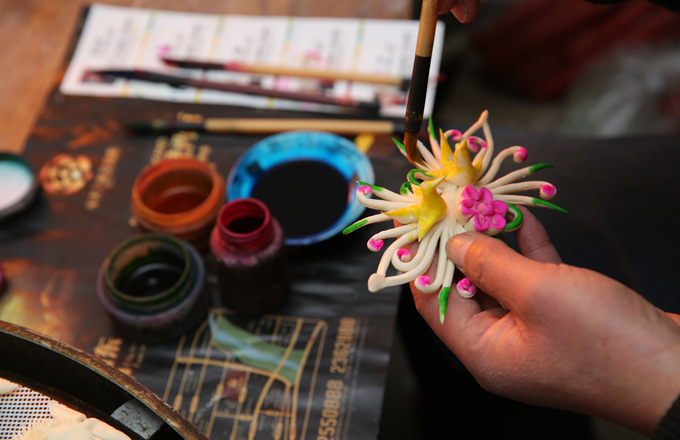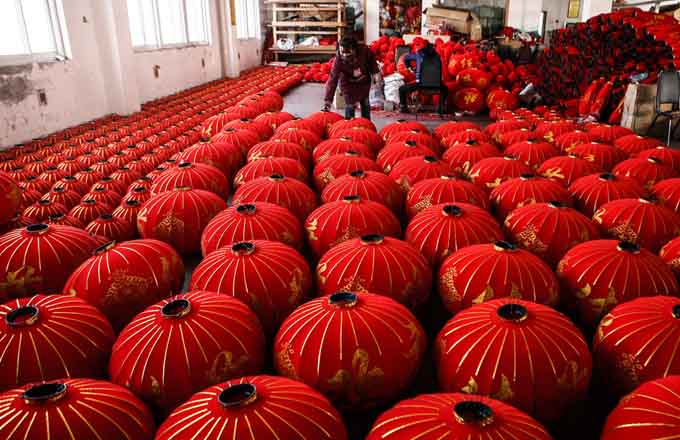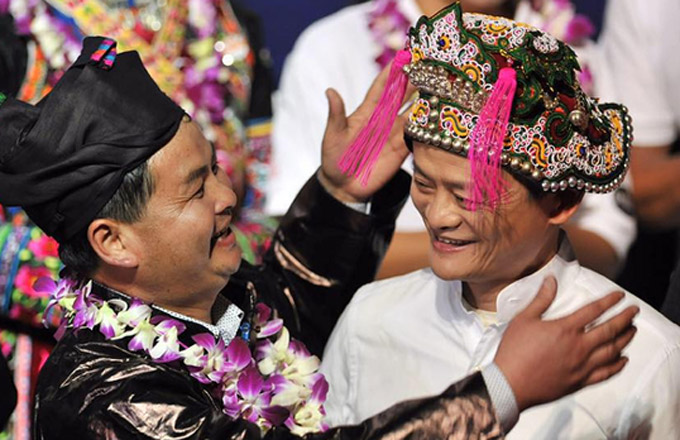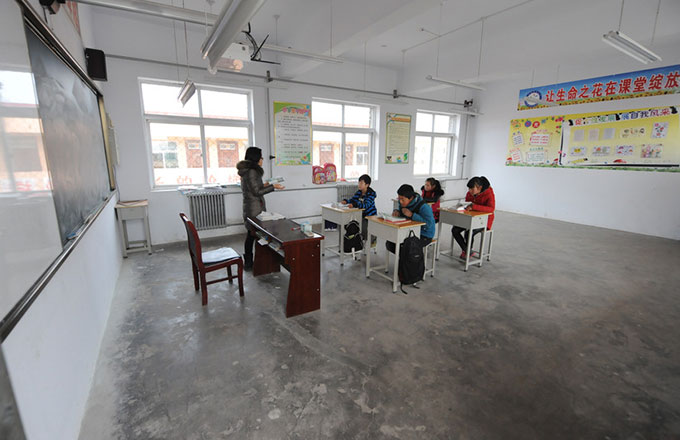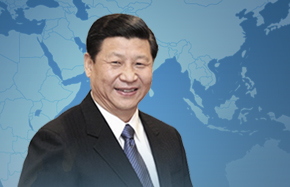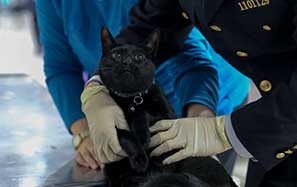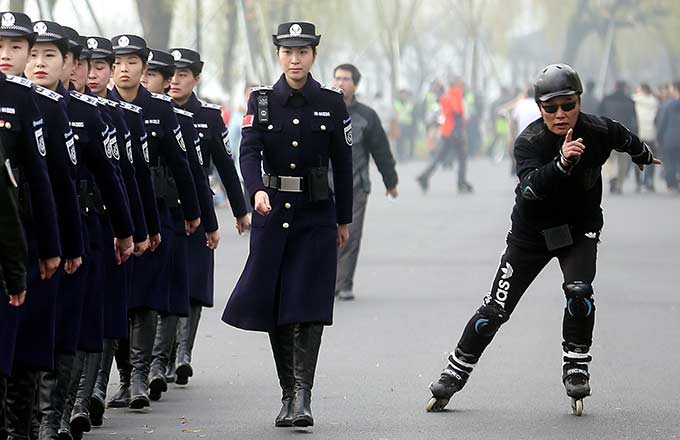Creative publicity boosts China's anti-corruption fight
BEIJING -- A TV documentary jointly produced by China Central Television (CCTV) and the Communist Party of China's (CPC) top anti-corruption watchdog made headlines during the first week of the new year.
The three-episode TV series, which features interviews with guilty officials from discipline inspection authorities, aired at 8:00 pm on the state broadcaster's Channel One from Tuesday to Thursday, just ahead of the seventh plenary session of the 18th CPC Central Commission for Discipline Inspection (CCDI), which opened on Friday.
Screenshots and video footages of the documentary have flooded social media. WeChat user "xiaotaiyang" posted: "I was shocked that corruption existed within the CCDI."
The title of the documentary, "To forge an iron, one must be strong oneself," is a quote from a speech by Xi Jinping, general secretary of the CPC Central Committee, in late 2012.
It was not the CCDI's first TV documentary. A previous one featuring 77 cases of fallen senior officials was aired before the opening of the sixth plenary session of the 18th CPC Central Committee in October 2016.
Experts said the documentaries are going viral because they reveal the details and stories behind China's latest anti-corruption drive.
"It was very rare for the CCDI to make a documentary for publicity," said Xie Chuntao, director of the Dean's Office of the CPC Central Committee Party School.
He was impressed by the remorse the corrupt officials showed on camera, with some even breaking into tears.
In the past, CCDI publicity campaigns usually discouraged corruption by lecturing officials, and documentaries were limited to training Party members, said Xie.
These real stories not only teach Party members important lessons, but also satisfy the curiosity of ordinary people.
The once mysterious CCDI has taken other creative measures over the past four years to engage the public, such as revealing cases on its official website, WeChat account and mobile app.
On the last day of 2016, cell phone users received notifications from the CCDI website saying that the former vice minister of state security had been expelled from the CPC due to "serious disciplinary violations."
The CCDI has regularly revealed corruption cases on weekends or holidays, said Xie.
The top discipline agency has also allowed people to file reports via these platforms about undesirable work styles or officials suspected of wrongdoing.
On Wednesday, the Chinese Academy of Social Sciences published a blue book on anti-corruption in China in 2016, which indicated that more than 90 percent of officials and 70 percent of the general public had confidence in the country's anti-corruption work, 9.9 and 10.2 percentage points higher than those in 2012, respectively.
Cheng Manli, a professor with the School of Journalism and Communication at Peking University, applauded the CCDI's new approach to engaging the public.
She said that in dealing with cases involving high-level officials, the CCDI used to "do a lot, but talk little," which could lead to rumors or other harmful effects.
"The new approach shows the anti-corruption campaign is becoming more transparent and gaining trust and support from ordinary people who want to participate in the fight," said Cheng.





